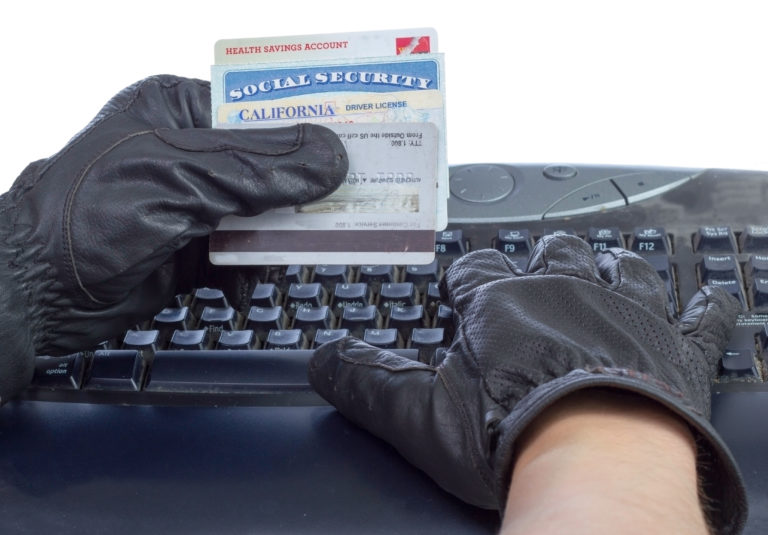What is Money Laundering?
The crime of money laundering consists of taking money from drugs, theft, or other criminal activity and “transforming it” into legitimate money by running it through a front business of some kind. Often this will require some sort of cash business and some accounting fraud.
Some criminals use complex banking schemes or cryptocurrencies to conduct money laundering activities. For example a criminal might take a large influx of cash, break it up into smaller deposits, and send those deposits off to different financial institutions. Once it goes into a legitimate financial institution it’s harder to track as illegal money, especially if the criminal begins moving the money around in confusing ways, on purpose.
Sometimes money laundering coincides with cyber crimes like online gambling, or online auction sites.
What are the penalties for money laundering?
Money laundering is a federal crime. It’s punishable by up to 20 years in federal prison and up to $500,000 in fines.
Is it possible to be falsely accused of money laundering?
Most laundering is planned and carefully executed. However, there are a few activities which can get you suspected of money laundering even if you aren’t engaging in that particular activity.
Gambling is one; money launderers often purchase gambling chips with illegal cash, turn them back in, and then claim inflated gambling winnings.
Heavy trade in cryptocurrency is another, as cryptocurrency has become the hot new method for money launderers. There are even cryptocurrency ATMs.
What should you do if you’ve been accused of money laundering?
The very first thing you need to do is retain an attorney who has experience handling white collar federal criminal cases, including money laundering cases. Your attorney can help you list out, gather, and secure any exculpatory evidence you may have access to. You will need to help your attorney secure these documents and locate witnesses.
The second thing you need to do is be very quiet about your case. Do not discuss it with family members, friends, or other parties.
The only person you should discuss your case with is your attorney. Your communications with your attorney are protected by attorney-client privilege. The prosecution can bring anyone else up on the stand and ask them questions about what you had to say.
Are you in trouble? Get help from Koch Law today.
See also:
Should You Go to Court if Accused of a White Collar Crime?
How Long Do the Feds Have to File Charges?
What is the Federal Crime of Structuring?



